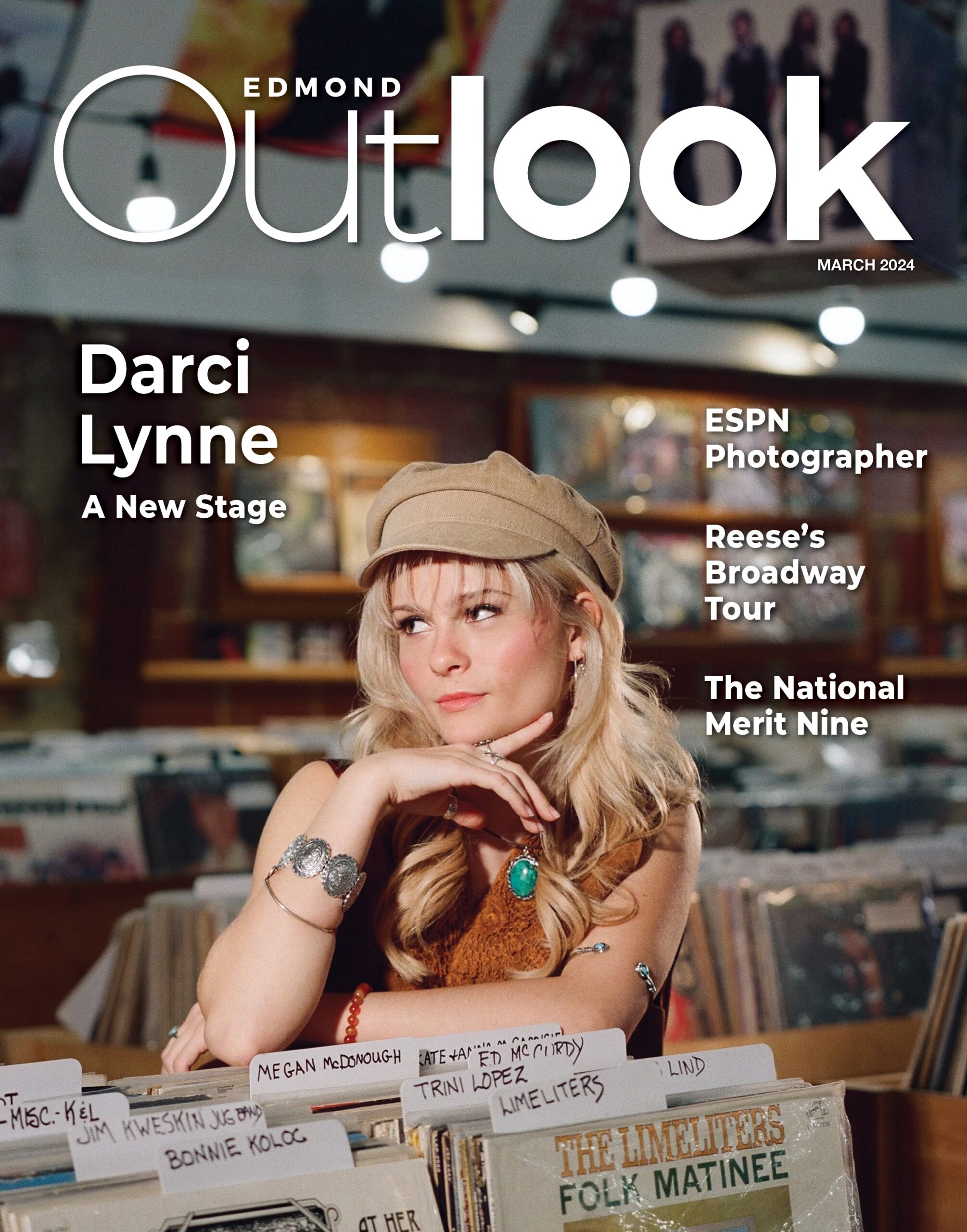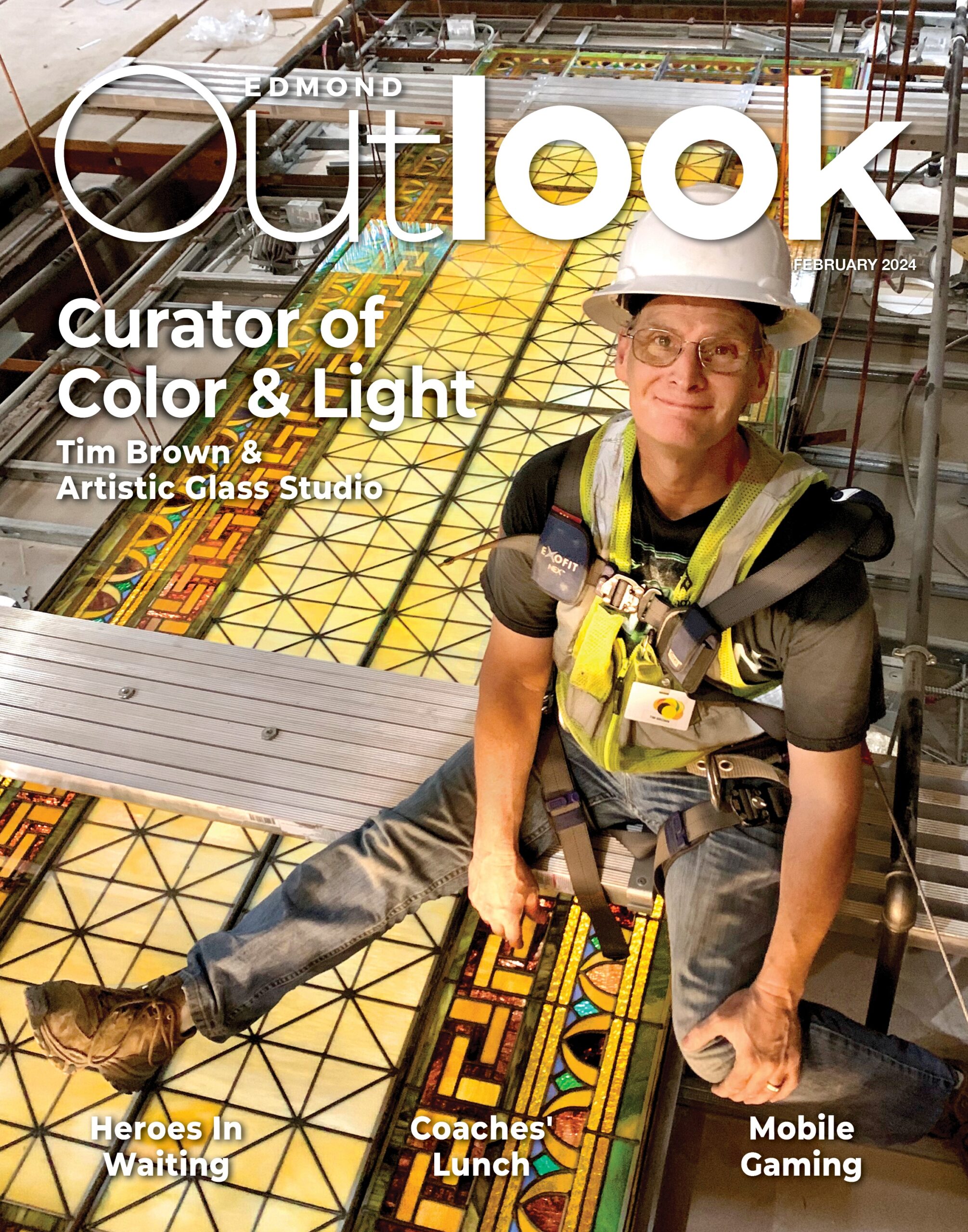Talking Fast
Maneuvering a speeding motorcycle through busy traffic is dangerous enough without the distraction of a ringing cell phone or the temptation to fiddle with the volume control on an iPod. Three University of Central Oklahoma students and entrepreneurs put an end to those and other problems for cyclists with a practical option for riders who want to stay connected and keep both hands on the handlebars. Their company, Blutek LLC, produced the first street-legal Bluetooth helmets in the U.S.
Brothers Reza and Michael Koranki are avid motorcyclists. They’re also busy guys. They like to be connected-on and off the cycles. Cell phones weren’t made for cyclists, and the brothers grew tired of pulling off the road every few miles to check their phones for messages. Being unable to safely answer the buzzing phones in their pockets while riding quickly became annoying.
Joined by their sister, Natasha, the siblings formed Blutek LLC in 2007. Within three months they developed a prototype helmet with integrated Bluetooth technology that allows the helmets to sync with cell phones, MP3 players-and other Blutek helmets.
Blutek’s home office is in Oklahoma City, but since the introduction of its products, the company and its helmets have gone worldwide. Blutek has offices in France-run by the Korankis’ cousins-as well as several U.S. distributors.
The love of cycling and a spirit of fun have as much to do with the Korankis’ entrepreneurial foray as the uniqueness of their product. “We wanted to find something that would be innovative but wouldn’t have us stuck behind a desk with suits and ties,” Reza, Blutek CEO, says.
The Korankis’ creation, available in several designs, is the first street-legal helmet with Bluetooth capability to hit the U.S. market. Larger companies offering similar technology only provide aftermarket kits. Helmets altered with kits don’t comply with Department of Transportation requirements. Blutek helmets do. They also meet Federal Communication Commission requirements and even stricter foreign regulations.
Riders have a lot of fun with Blutek helmets, but safety was the driving concern for their invention. A chin curtain and a noise-cancelling microphone stop wind noise from interfering with communication and keeps music crystal clear. The helmet controls are as hands-free as possible. The speaker built into the helmet is self-leveling so riders don’t have to adjust the volume at red lights.
The Bluetooth components are seamlessly integrated into the helmet’s padding, invisible from the outside and unnoticed by the wearer. Cyclists can reject incoming phone calls with the touch of a button. Otherwise, the helmet automatically answers calls while pausing music, terminates the call and resumes the music, all without the rider lifting a hand from the handlebars.
“We are trying to take something that people do every day and giving them the safest possible way to do it,” Natasha,
Blutek’s commitment to safety sometimes costs the company sales, but the Korankis refuse to compromise. “That’s why we won’t add a second speaker. We don’t want someone’s death on our conscience because they couldn’t hear an ambulance,” Michael, Blutek CFO, says. While they’ve lost sales over their refusal to add a second speaker, Michael says safe customers are the top priority.
“We’re not encouraging you to be on the phone, but the option is there if you have an emergency and need to be,” says Reza.
Despite the rising demand and production of helmets, the Korankis keep a firm grip on customer satisfaction and quality control. Michael personally inspects each helmet before it goes to market. Customers needing assistance can visit the message boards on Blutek’s web site. But that’s standard fare for every company operating on the Internet.
The Korankis take service a step further by distributing their cell phone numbers for technical support. “If one person gets a bad helmet, it destroys the whole thing,” says Reza.
Reza and his siblings even offer in-person training, making house calls to Blutek users and walking them through the operation of the helmets. “We have no problem sitting down and helping someone for an hour,” Natasha says. “It doesn’t matter if we sell one helmet or 15 million. We want to keep that small town connection with customers.”
Blutek is on their second generation of helmets, but they’re not putting on the brakes. Generation III, scheduled for launch this summer, boasts a more aggressive shell design, exclusive artwork and the ability to connect with up to seven other helmets or peripherals. In addition, the Korankis plan to release helmets specifically for motocross, snowmobiles, skiing and snowboarding.
The siblings credit part of their success to their young age and the fact that they fall within their own target demographic. “Age has worked in our favor,” Reza says. “Most guys at dealerships are younger and their bosses are used to being around young people.”
The Korankis aren’t slowing down, and neither is their business. Balancing existing business with aggressive expansion plans will be difficult, but pulling it off means there’s nothing ahead for Blutek but wide open road.
Visit Blutek's web site at www.blutekhelmet.com.


